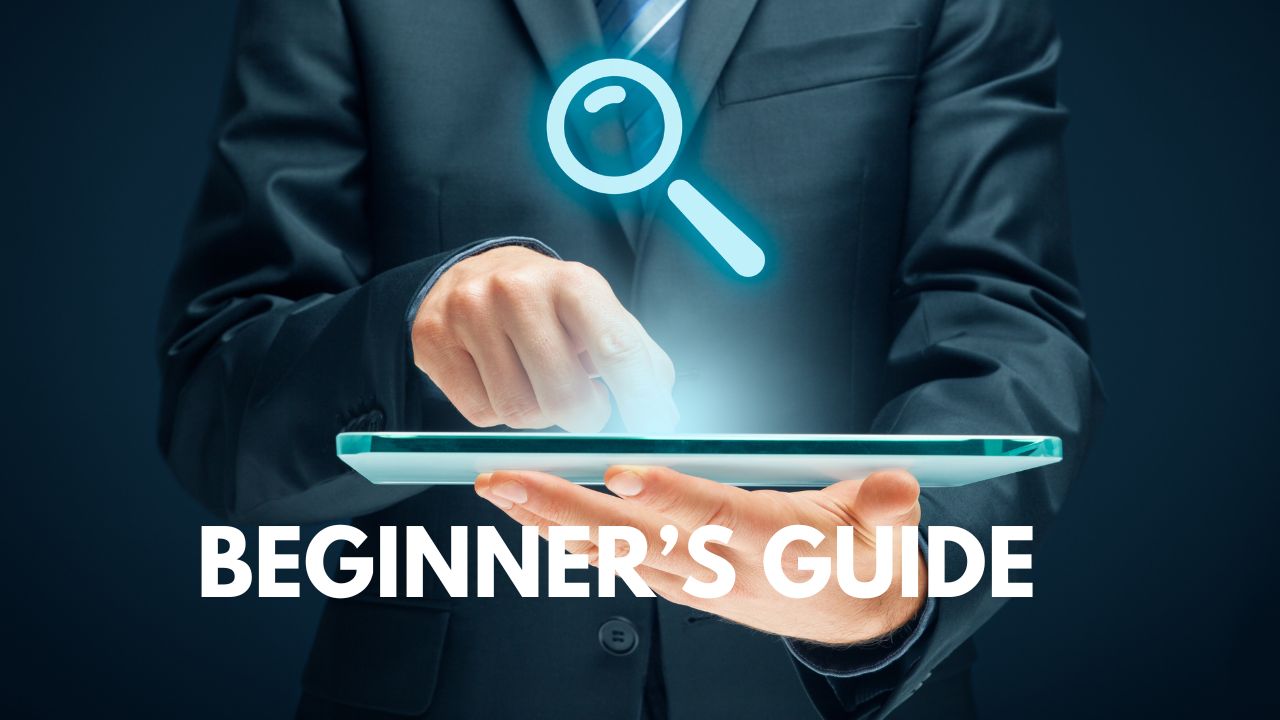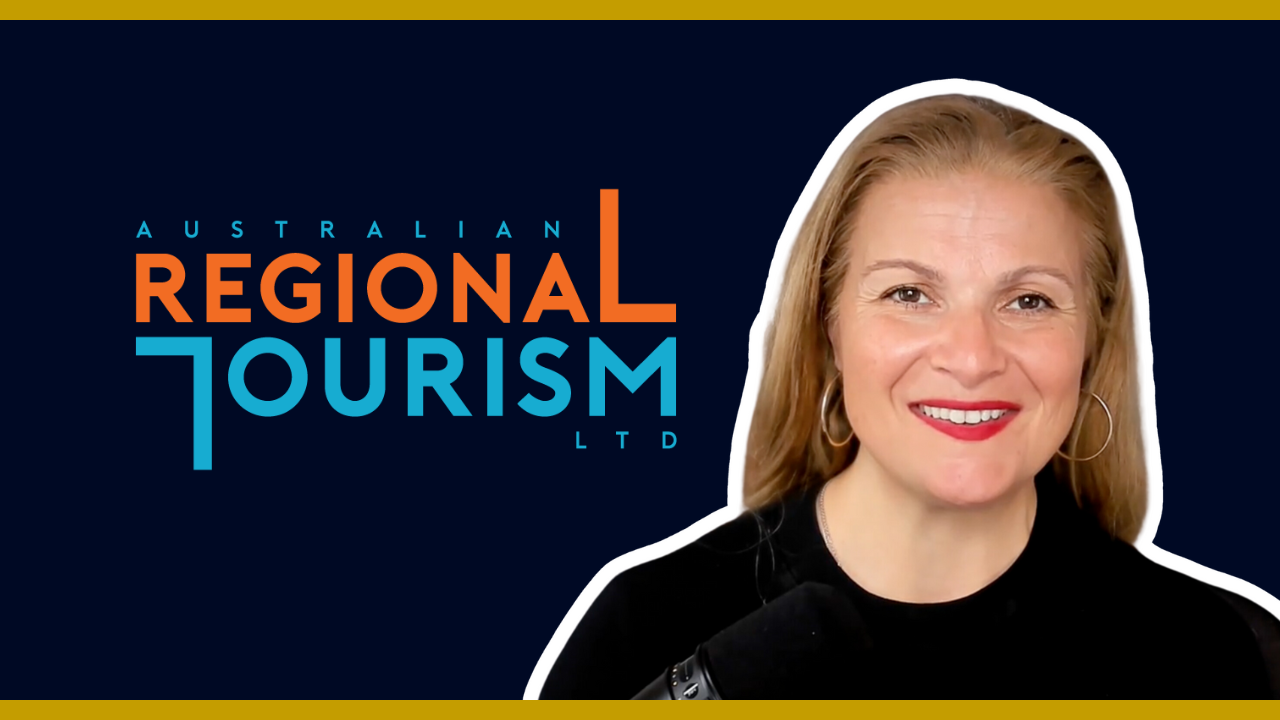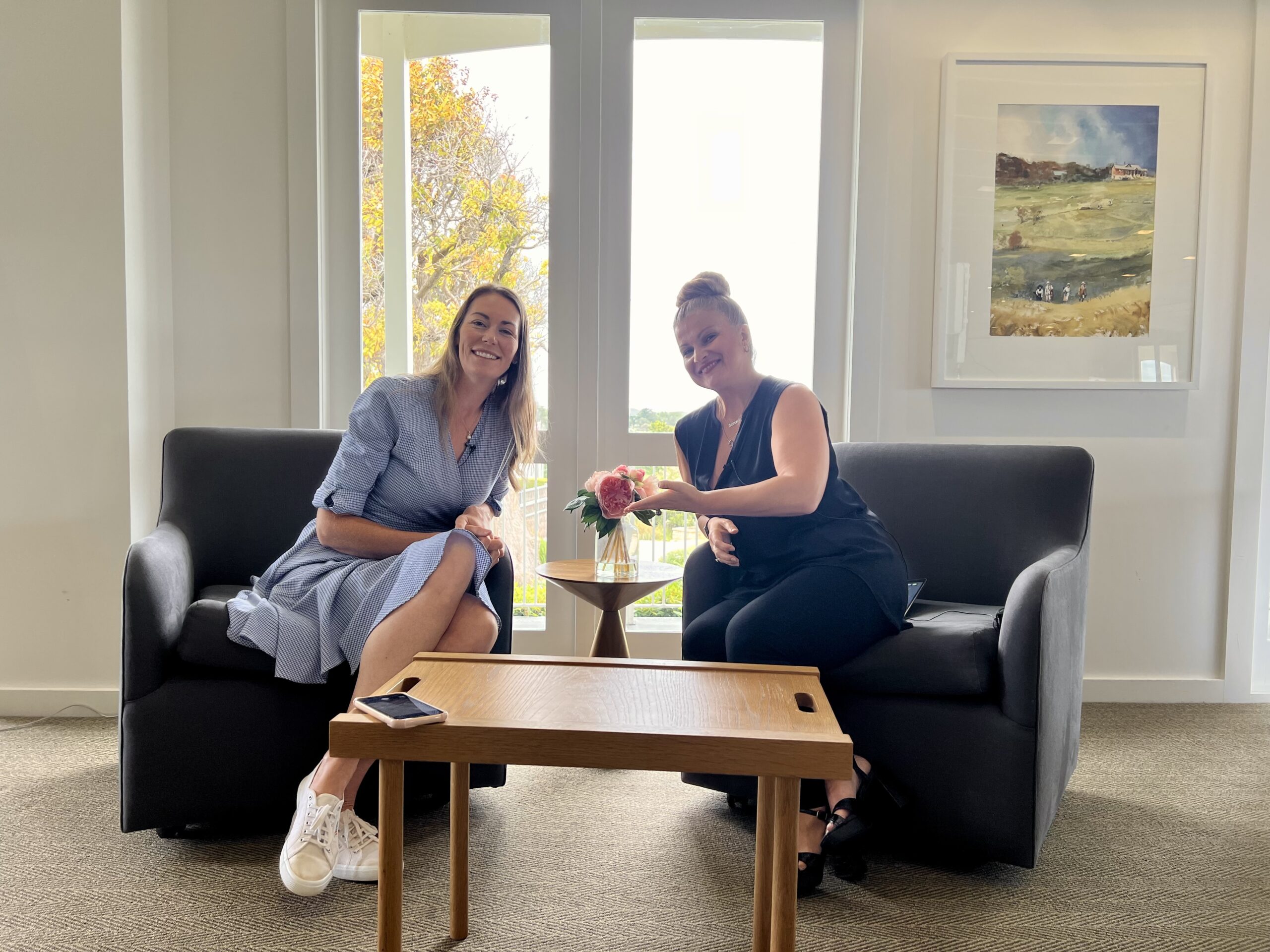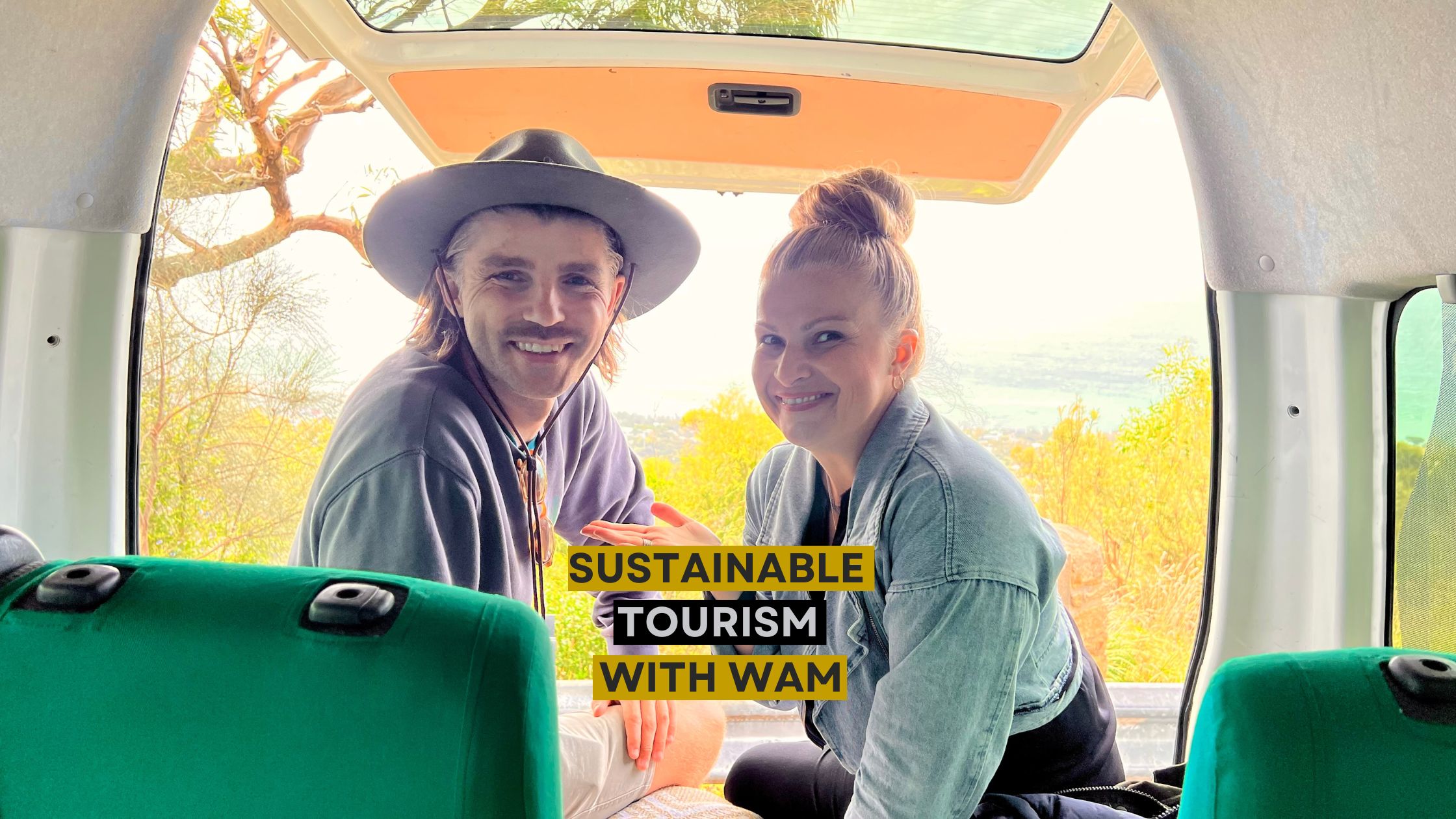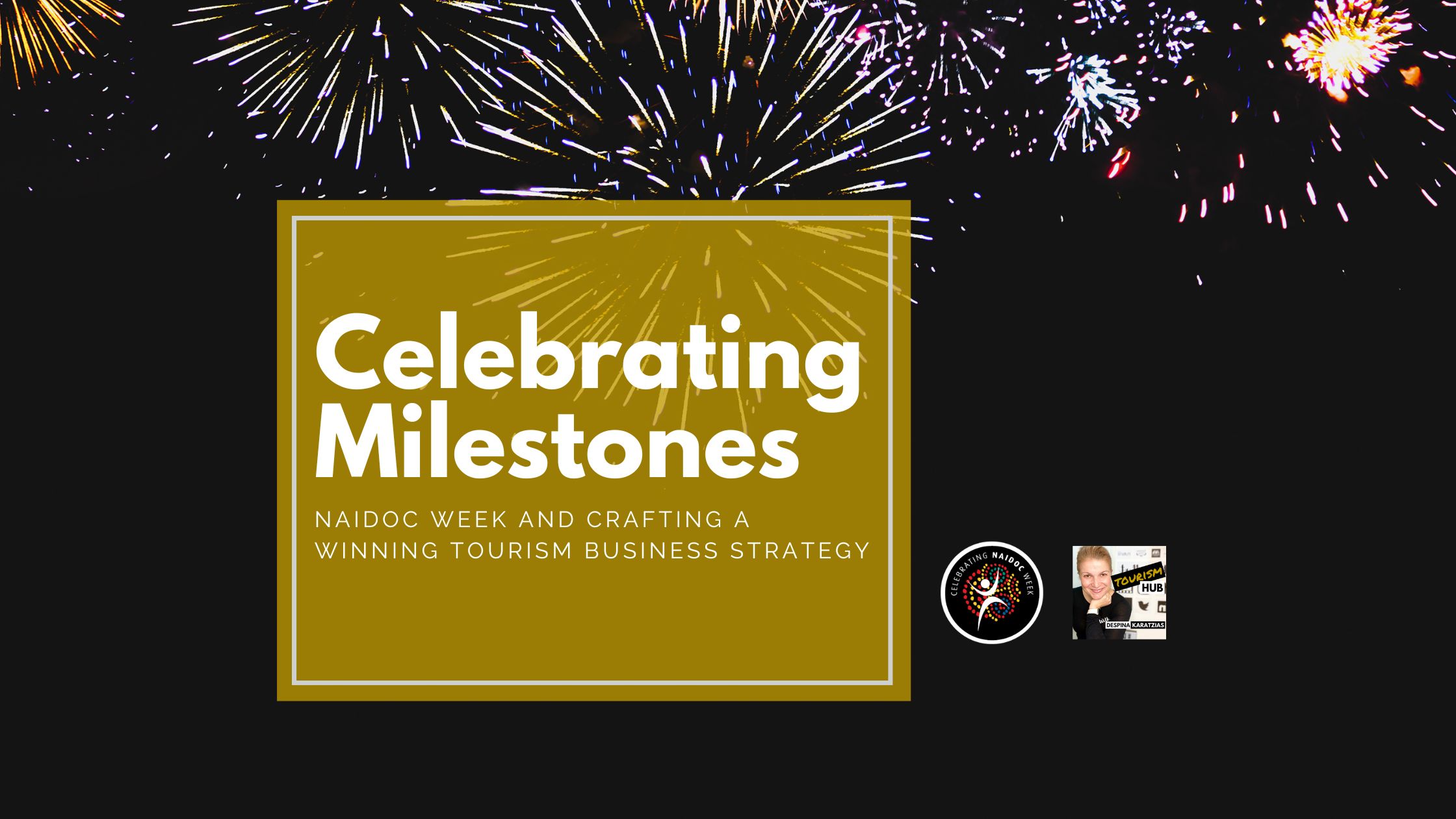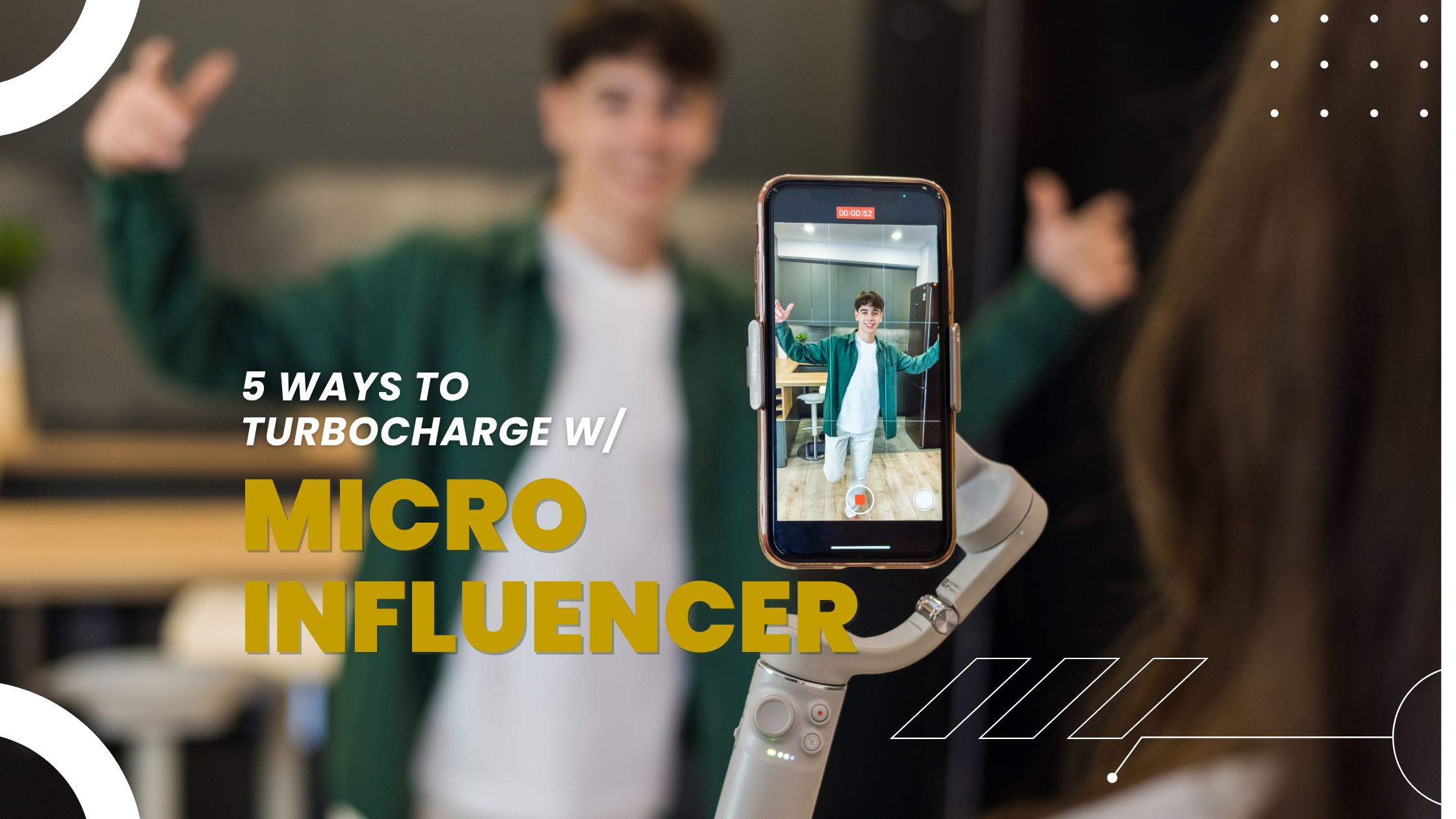A professional and successful website is one of the most valuable assets your business will ever own. It’s the anchor of your entire digital identity, putting context to your company and helping visitors leap to becoming a customer.
If you’re investing in building a digital presence, whether it’s social media, blogging, customer reviews, or several other touchpoints, you need to prioritise your website first to create a consistent, well-branded approach to the rest of your online persona.
Start with the following eight criteria that all great tourism websites share:
1. Design
The overall look and feel of your website tell your visitors a lot about your business. If you’ve invested in professional design, this will directly translate to your customer. They’ll see your website was important enough for you to hire a professional designer to build it for you, which speaks volumes about how you view your business.
Most people can spot a DIY website when they see it. If you don’t have an eye for layouts or colour palettes and try to go it alone, your customer may associate this with a budget-conscious company who doesn’t have the resources to do it right.
Ask yourself: Does your design tell a potential customer that you’re a quality business that cares enough about your customers to provide a great website experience?
If you’re not sure, have a few of your friends or fellow business partners give you their honest feedback. It’s better hearing it come from them than someone who would have become a customer but chose not to.
2. Speed
How long does it take a web page to load on your website? A few seconds? Less than a second?
You might be happy with load times. But remember, your website isn’t exactly about you. Studies show that slow page load times is one of the biggest contributes to bounce rates. Nearly 75% of website users expect pages to load within two seconds. And if your page can load within five seconds, you can expect up to a 70% longer user session.
You can test your site here and as more users shift to mobile browsing, this is becoming increasingly important. More than 45% of users say the thing they hate most about using mobile internet is the slow page load times.
Google is also prioritising fast page-load times in its mobile search results. Facebook is now following suit, giving priority to content that loads faster. If you want to capitalise on organic traffic, it’s essential your website loads quickly and accurately. Otherwise, not only will you see a drop-in ranking, but you may also see a decrease in conversions.
3. Content
What would you do if you landed on a website that has almost no content? There’s nothing to interact with, nothing to learn from, and most importantly, no reason to stay.
A great content strategy is everything to the tourism website. Your visitors come to your site to learn more about what you do, how much it costs, how they can take advantage of it, and other information that will inspire them to act.
Excellent website content boils down to two objectives: answer questions and encourage actions. Think about the problems your first-time visitors will have and what kind of content you can produce that will solve them. What steps do you want your visitors to take when they visit your website, and how can you accomplish this with content?
Blogs, infographics, images, FAQs, order forms, and branding pages are just a few ideas to help you start building a content strategy.
4. Product Selection
Less is more, especially when it comes to your website. You might think you’re doing your visitors a favour by offering variety, but in reality, all this does is create decision paralysis and they’re more likely to choose nothing.
You should present your products in a searchable, organised manner that makes it easy to find information. The more you can lower any barriers to entry, the higher conversions you can expect.
5. Usability
Website usability is one of the hardest features for business owners to master. It requires you to get inside the customer’s head and understand their needs, goals, and desires, and then be able to craft your website to help find their answers.
A significant undertaking for most business owners, and often requires trial and error to get it right. One of the most accessible routes is to ask for feedback or work with a UX designer to create the experience your visitors deserve.
Check out this excellent ‘Guide to Usability Testing’ from Hotjar on the topic.
6. Congruency
Your website is one component of your entire identity. Most businesses have multiple touchpoints and identifying markers, both online and in the physical world, such as a logo, Instagram or Facebook page, online business listings, marketing campaigns, and advertisements.
All of these elements must align with your brand, the heart and soul of your company. Your brand should convey how you want people to see you, the words they should associate with your company, and your mission and values.
When someone lands on your website, there should be no question about who the site belongs to or how you want your viewers to perceive you.
7. Content Management System
When you want to upload a new image, video, or blog post to your website, can you do it yourself or do you need to reach out to your webmaster for help?
If you rely on a helper because it’s too complicated for you, then you’re website isn’t working for you-you’re working for your website!
Website backends aren’t the clunky, specialised systems they were a decade ago. There are tons of simple, secure options available that make it easy to upload and control your content, and if you don’t have this capability now, it’s past time for an upgrade.
8. Post-Sale Communication
Sales aren’t the website’s only job. Once a customer completes a transaction, your website needs to go into a post-sales communication mode. Your customer should receive a receipt or acknowledgement via email immediately, along with a follow-up email to request feedback or see how things are going since the purchase.
Or, if the customer has scheduled an event with you, sending email reminders about time, place, and other important information before their arrival will be very valuable.
Keeping the conversation going gives you a chance to build relationships from your transactions. When you can create a stronger bond with your customers, you have a better chance of earning repeat business and making a good reputation in the process.
Is Your Website, Customer-Focused Ready?
Your business website is too essential to leave to chance. But no matter what your website looks like right now, a few simple tweaks may be all you need to put your best foot forward. Spend a little time with the above eight priorities and enjoy the results for years to come.
For more digital marketing insights, check out our online training courses!


